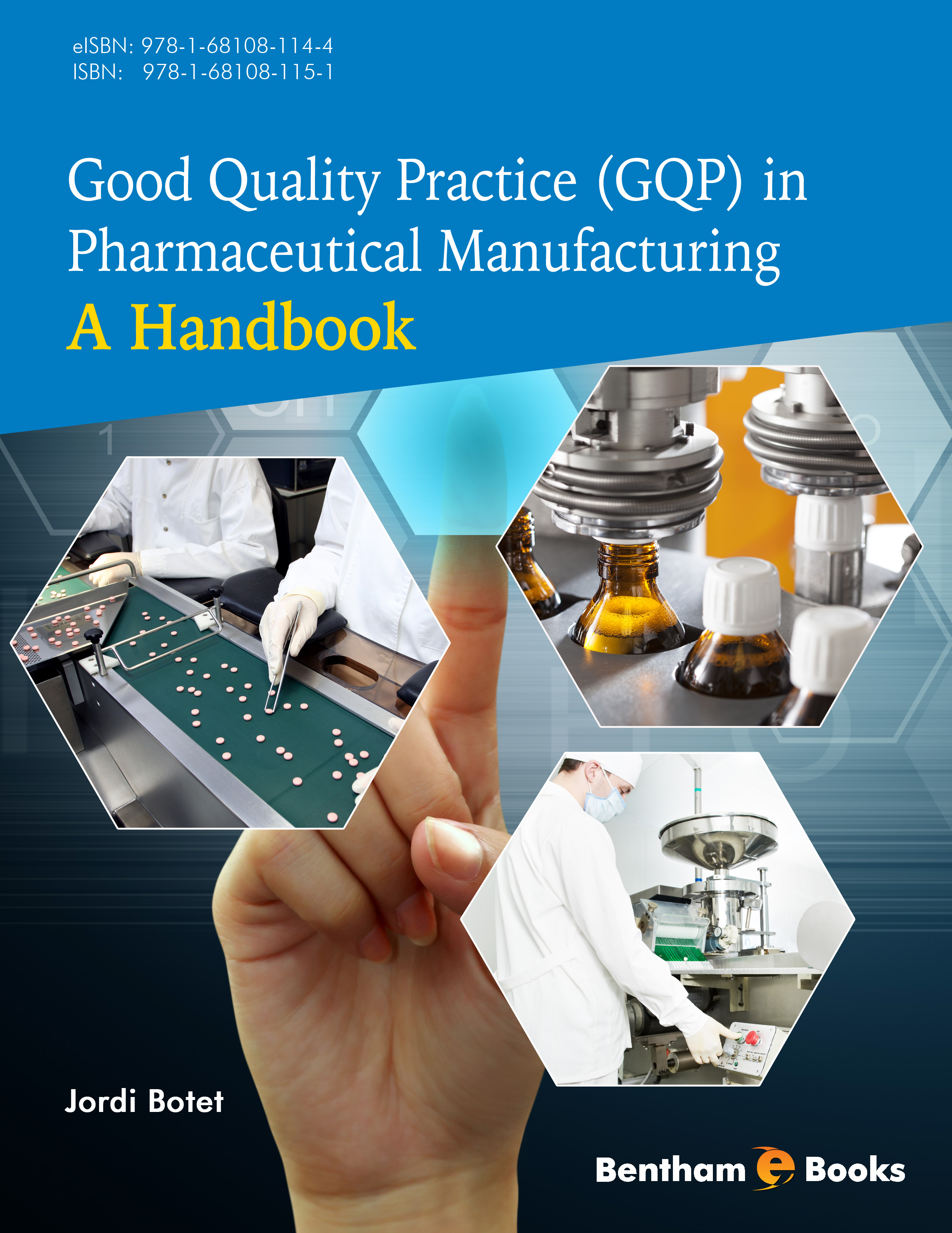Introduction
Pharmaceutical manufacturing can be viewed as a supply chain which spans from the production and purchase of the starting and packaging materials through the manufacture of dosage forms until the safe reception of the finished product by the patient. The entire chain comprises of several processes: auditing, materials purchase (procurement), production, storage, distribution, quality control, and quality assurance.
The quality standard for pharmaceutical production is ‘current good manufacturing practice (CGMP)’, which is applied within the frame of a pharmaceutical quality system (PQS). This implementation, however, requires a scientific approach and has to take into account several elements such as risk assessment, life cycle, patient protection, among other factors. Hence, pharmaceutical manufacturing is a complex subject in terms of regulation, given the technical and managerial requirements. This comprehensive handbook describes CGMP for new professionals who want to understand and apply the elements which build up pharmaceutical quality assurance. The book gives details about basic quality control requirements (such as risk management, quality hazards and management systems, documentation, clean environments, personnel training) and gives guidelines on regulatory aspects. This is an ideal handbook for undergraduates studying pharmaceutical or industrial manufacturing and supply chains as well for entrepreneurs and quality control professionals seeking to learn about CGMP standards and implementing quality assurance systems in the pharmaceutical sector.

